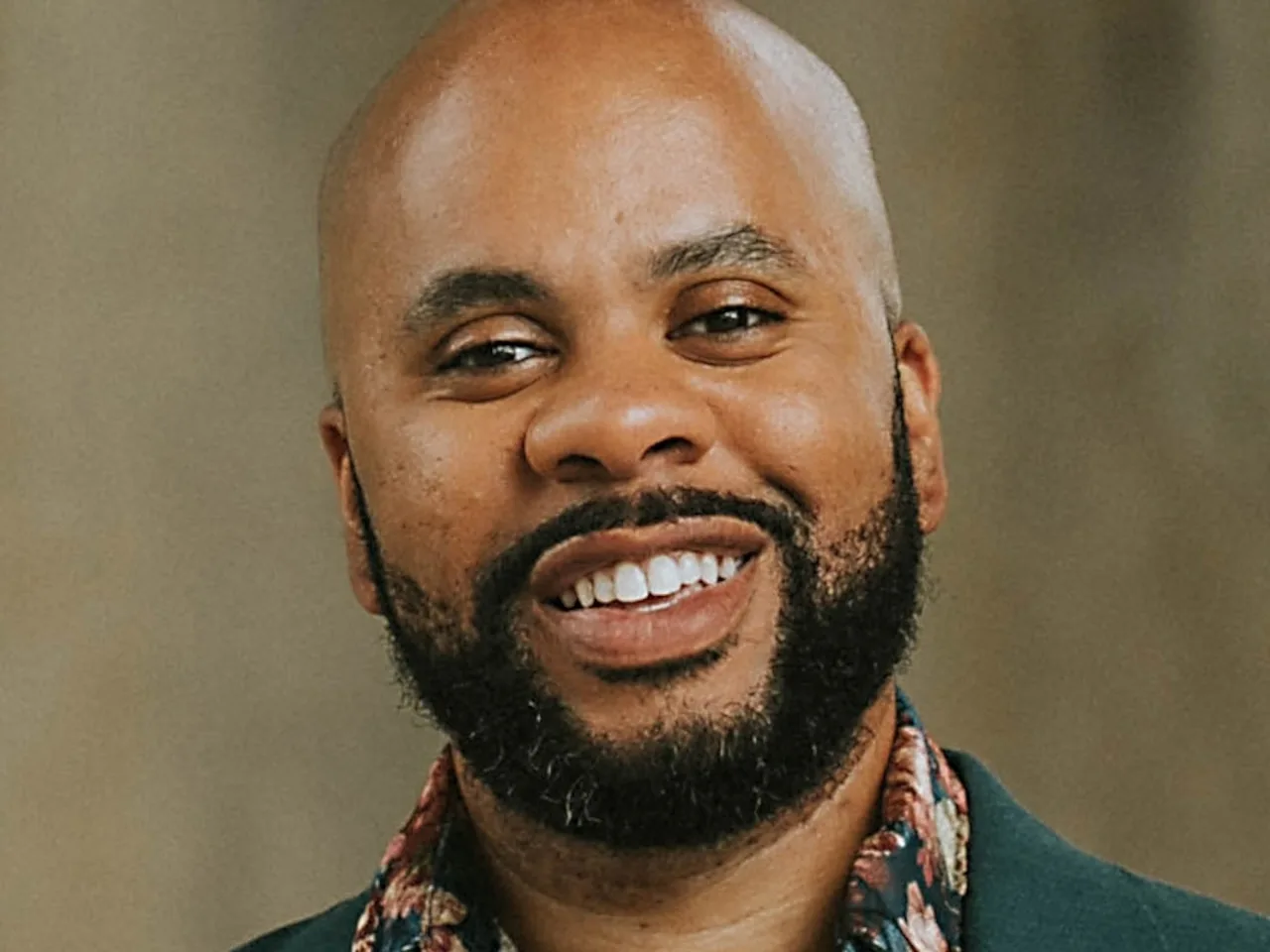Key Points:
- A man sought advice after his brother took seven years to settle their late father’s estate.
- The brother, who was living in the deceased father’s house, made no progress, prompting legal intervention.
- Hiring a lawyer successfully settled the estate but resulted in the brother cutting off all communication.
- Advice columnist R. Eric Thomas affirmed the man’s actions, suggesting the lengthy delay was unreasonable and that legal help was the appropriate step.
A Family Divided by Duty and Delay
The death of a parent is a profoundly difficult time, often complicated by the legal and financial responsibilities that follow. For one family, this process has stretched into a painful seven-year ordeal, culminating in a fractured relationship and a cry for guidance. The heart of the conflict, presented to advice columnist R. Eric Thomas, revolves around a brother who, while living in their late father’s home, failed to settle the estate, forcing his sibling to make an impossible choice: his inheritance or his brother.
The man, writing under the name “Estate Dilemma,” laid out the frustrating situation. Following their father’s passing, with their mother already gone, his brother was tasked with managing the estate. However, years began to tick by with no resolution. The brother continued to live in the family home, seemingly in no rush to finalize their father’s affairs. Repeated attempts by the concerned sibling to encourage progress were met with inaction, leading to a complete stalemate.
The Breaking Point: Legal Action and a Painful Aftermath
After seven years of waiting, “Estate Dilemma” felt he had no other choice. He retained a lawyer to compel his brother to act. The legal intervention worked, and the estate was finally settled. But the victory came at a steep personal cost. His brother, forced to finally close this chapter, has now completely cut off communication, leaving the letter-writer to question his own actions. “Was I wrong in thinking it took too long?” he asked.
The question highlights a common struggle: navigating the delicate balance between family harmony and legal rights. The emotional weight of the situation was palpable, as the man was left with his inheritance but without his brother.
Expert Validates Drastic Measures
Grief is not a seven-year pass
In his response, columnist R. Eric Thomas offered clear and firm validation. “Seven years is too long,” Thomas stated unequivocally, particularly given that the estate did not seem to be entangled in complex legal red tape. While acknowledging that people process grief on different timelines, Thomas suggested something else might be at play in this scenario.
He read between the lines of the letter, noting that the brother’s delay could be interpreted as intentional and self-serving. “It also sounds like your brother’s delay may have been intentional and more focused on keeping the house,” Thomas wrote. This perspective shifts the narrative from one of a grieving sibling needing more time to one of an individual potentially taking advantage of their position as executor for personal gain.
Keeping a Personal Conflict a Legal Matter
Thomas commended the man’s decision to hire a lawyer, framing it as the most responsible course of action. “You did the right thing by involving a third party with no personal stake in the process… and expertise in the field,” he advised. By doing so, the letter-writer shifted the dispute from a personal, emotional conflict to a formal legal matter—which, at its core, it was.
While the brother’s feelings are now “bruised,” Thomas concluded that those feelings are his own to work through. The columnist put the onus back on the brother, who is now “smarting from getting caught.” The advice serves as a stark reminder that while family matters are deeply personal, the legal responsibilities tied to inheritance must be honored in a timely and fair manner.
Image Referance: https://www.masslive.com/advice/2025/09/dear-eric-my-brother-took-too-long-settling-our-fathers-estate-now-he-wont-talk-to-me.html




